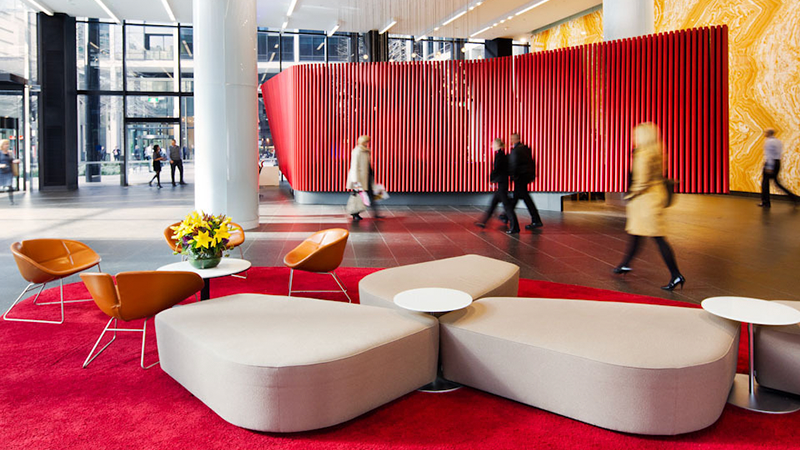Listings Pulled During Rent Income Crisis
Covid-19’s impact on office markets has prompted the suspension of some of the country’s largest office campaigns as vendors and purchasers fall out over post-Covid-19 prices.
Despite solid interest and bidding in the lead up to March, distancing restrictions and the large-scale shift to working from home has caused the suspension of campaigns amid ongoing uncertainty in office markets.
Industry sources said that JP Morgan’s dual Melbourne listings St Collins Lane and 28 Freshwater Place along with AEW’s 50 Pitt Street in Sydney and ESR and Goldman Sach’s 50 Ann Street have all been temporarily withdrawn.
Macquarie Group is reportedly moving ahead with 39 Martin Place despite its $1 billion-odd deal with ISPT falling over.
In its quarterly statement on monetary policy, the Reserve Bank said that declining valuations and lost rental income will impact future growth in commercial markets.
Lower valuations may affect the viability of future projects with many tenants expected to reduce their long-term floor space requirements, the bank said.
“This is likely to be most pronounced in the office and retail sectors, given the large-scale shift to working from home and the acceleration in the shift towards online retailing.”
Related: Office Markets May Fall 25pc

In April, Goldman Sachs analysts speculated that Sydney and Melbourne CBD rents would fall by more than 30 per cent due to a “marked shift” in the demand-supply equation.
“Sydney net effective rent growth of 35 per cent over the last three years has been driven by withdrawals of stock rather than any underlying strength in tenant demand.
“We expect committed development projects to drive a 6 per cent cumulative addition to stock by 2022. Our forecasts see Sydney CBD vacancy peaking at 10.6 per cent by December 2022—[compared to] a cyclical trough of 4.1 per cent in December 2018.”
Savills national head of capital transactions Ian Hetherington said that while there is still a fair way to go in valuations, A-grade stock tends to hold up better than secondary stock with small to medium-sized tenants.
“There’s plenty of money out there, it’s just not going to invest until it’s sure what the tenant income will be,” Hetherington said.
“Which is the big unknown.”
As tensions reach boiling point between landlords and tenants, property owner Kingsmede has named tenants it says are taking advantage of the newly-introduced code to request rental “handouts”.
Kingsmede, which has 350 tenants across properties in Brisbane and Sydney and derives 60 per cent of its income from small to medium-sized businesses, said the government response has placed “disproportionate and unjustified” stress on landlords.
The landlord named a Quest hotel franchisee, which it says is owned by a $100 billion real estate group, alongside a number of ASX-listed groups refusing to pay rent or disclose financials.
“The [code] dramatically and disproportionately reallocates risk and losses from small and medium businesses to small and medium landlords,” Kingsmede said.
“The most offensive response we have had [is] from businesses with more than $50 million of turnover. Many of these are simply suggesting all rent be waived.”
The Urban Developer has been told by commercial agencies that rent arrears numbers in April were around 20 per cent, and likely to rise significantly in May.















